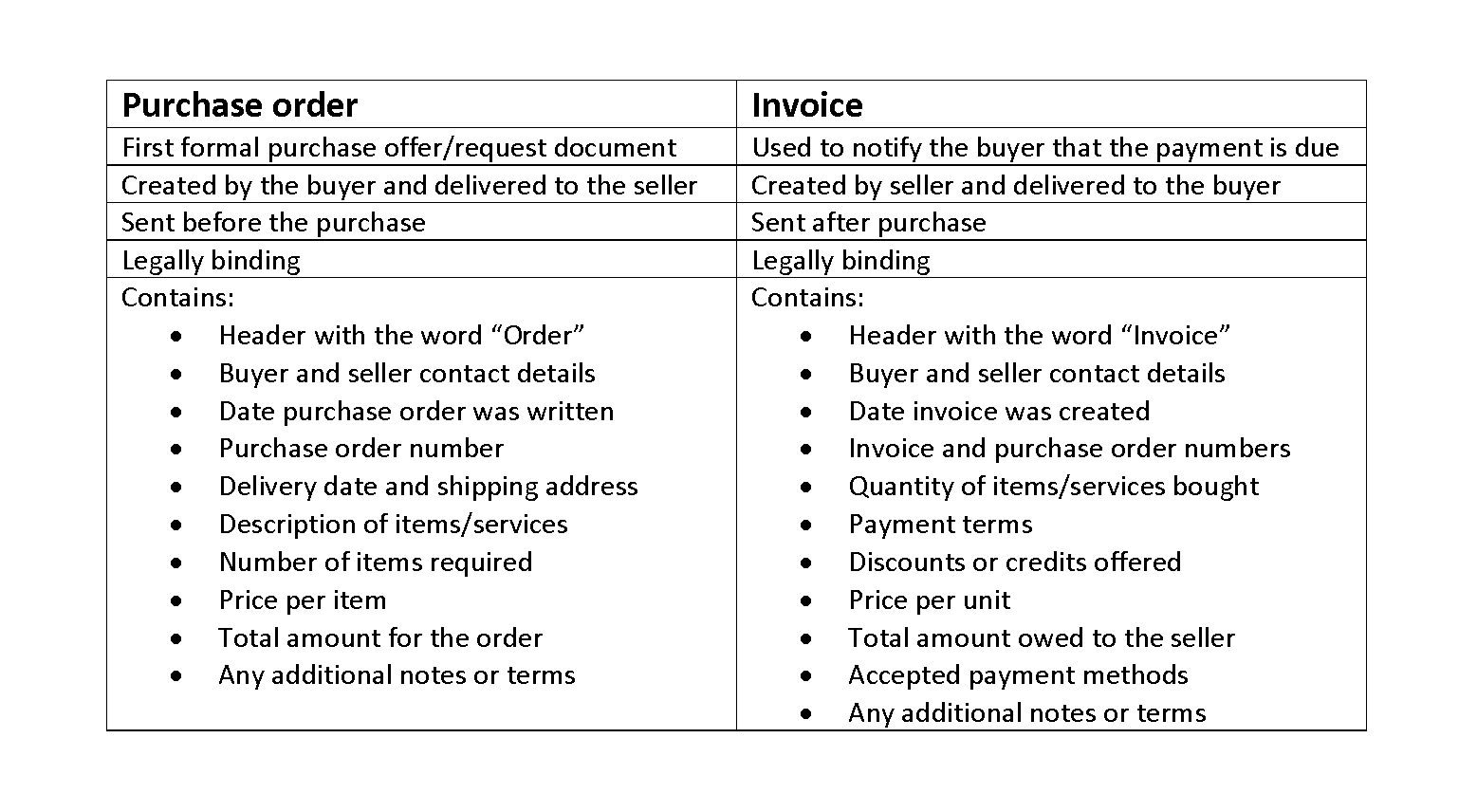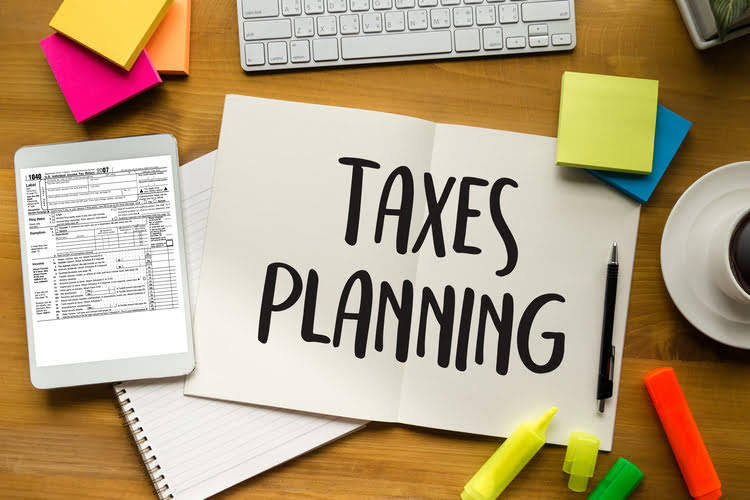
If your items are expensive, unique, or in a category where obtaining insurance is difficult, negotiating for FOB destination may be a better option. Free on board is one of around a dozen Incoterms, or international commercial terms. Incoterms are published and maintained by the International Chamber of Commerce (ICC). Shopify Markets helps you sell to multiple countries and scale your business internationally—all from a single Shopify store. Manage store localization, shipping, duties, and compliance, all in one place.

What is the Difference Between FOB and CIF?

For example, assume Company XYZ in the U.S. buys computers from a supplier in China and signs a FOB destination agreement. Assume the computers were never delivered to Company XYZ’s destination, for whatever reason. The supplier takes full responsibility for the computers and must reimburse Company XYZ or reship the computers.
Business sizes
- The buyer also takes the risk of hidden or unforeseeable costs, such as demurrage or storage charges and increased insurance premiums.
- Free on board is one of around a dozen Incoterms, or international commercial terms.
- Depending on the agreement, you may have to pay for part or all of the shipping and transport costs.
- Although the accounting treatment mentioned above aligns with this, it’s worth mentioning that FOB shipping points and destinations transfer ownership at different times.
- Do you have enough slack built into your inventory control processes to tolerate a lost or delayed shipment?
- They may also choose higher insurance limits, as they want to ensure that the goods are delivered in excellent condition.
Whether it’s “FOB Origin” or “FOB Destination,” these terms spell out whether the buyer or seller pays the freight charges and at what point ownership passes between the two parties. In this comprehensive guide, you’ll find key insights into the nuts and bolts of FOB—from its basic meaning to its various designations like FOB shipping point and FOB destination. You’ll learn about freight prepaid options, when freight collect makes sense, and how these terms affect your bottom line and supply chain. Master the FOB terms, become savvy in international shipping, and take control of your shipping costs and responsibilities. Free on board (FOB), sometimes known as “freight on board,” is a common agreement for international shipping.

FOB Shipping Point Freight Prepaid
The point at which the goods’ ownership transfers and related shipping costs also affect your cost of goods sold (COGS). FOB is an International Commercial Term (Incoterm), a predefined commercial term meant to reduce confusion between sellers and buyers about ownership transfer points and responsibility for shipping costs. Simply put, an incoterm is the standard contract used to define responsibility and liability for the shipment of goods. It plainly lays out how far along into the process the supplier will ensure that your goods are moved and at what point the buyer takes over the shipment process. The buyer takes responsibility for the transport cost and liability during transportation.
FOB destination is a type of Incoterm (international commercial term) used in international trade. It means that a seller pays for all shipping costs and that a transaction is not complete until the goods reach the buyer’s destination undamaged. In modern domestic shipping, the term is used to describe the time when the seller is no longer responsible for the shipped goods and when the buyer is responsible for paying the transport costs. Ideally, the seller pays the freight charges to a major port or other shipping destination and the buyer pays the transport costs from the warehouse to his store or vendors. Cost in freight (CIF) and free on board (FOB) are international shipping agreements used when shipping goods between a seller and a buyer.
Loss or Damage During Transit
- If you agree to FOB shipping point terms, remember to factor in the costs of shipping and import taxes to your location when negotiating price.
- My Accounting Course is a world-class educational resource developed by experts to simplify accounting, finance, & investment analysis topics, so students and professionals can learn and propel their careers.
- These companies probably already have industry contacts who can handle the job, perhaps at less cost.
- On the other hand, if goods are shipped FOB destination, the seller waits to record the sale until the goods reach the buyer’s location.
- DAP, or “delivered-at-place,” says a seller agrees to be responsible for transporting goods to a location stated in the sales contract.
- Keep in mind, though, that CIF agreements are normally much more expensive than others.
This accounting treatment is important because adding costs to inventory means the buyer doesn’t immediately expense the costs, and this delay in recognizing the cost as an expense affects net income. Since the customer takes ownership of the goods at its own receiving dock, that is also where the supplier should record a sale. In FOB destination, the seller would pay for, and be liable for, transportation from herself to the buyer’s unloading dock.

Understanding Shipping Point vs FOB Shipping Point
After almost a decade of experience in public accounting, he created MyAccountingCourse.com to help people learn accounting & finance, pass the CPA exam, and start their career. Get free ecommerce tips, inspiration, and resources delivered directly to your inbox. If you use inventory management software, track each FOB delivery online to keep a close eye on it from departure to arrival. Instead, it was more cost-effective to ship all the books to Little Rock and have our distributor send a pallet of books to us from there. CIF is a more expensive contract option than FOB, as it demands more effort and expense on the part of the supplier. This guide cuts through the legal jargon and explains everything you need to know about this common incoterm in plain English.
When an order is “FOB origin,” it means the transfer of ownership happens when it leaves the seller’s hands. If any shipping is required to get the goods to the buyer, the buyer will contract for that shipping and pay for it. This can also be referred to with the name of the city, such as FOB fob shipping point Boston, FOB Honolulu, or FOB San Francisco. The buyer should record the purchase, the account payable, and the increase in its inventory as of December 30 (the date that the purchase took place). Since the goods on the truck belong to the buyer, the buyer should pay the shipping costs.
Free on Board (FOB) Shipping Points: All You Need To Know
- FOB shipping point transfers the goods to the buyer at the point the goods are loaded into the truck or the shipping point.
- The goods are considered to be delivered into the control of the buyer as soon as they’re loaded onto the ship.
- It’s a good idea to use a CIF contract when buyers deal with international suppliers, especially when sellers have easy and direct access to shipping vessels.
- Understanding FOB is essential because it helps both parties determine ownership, outline who is responsible for transportation costs, and specify who files claims if goods are damaged en route.
